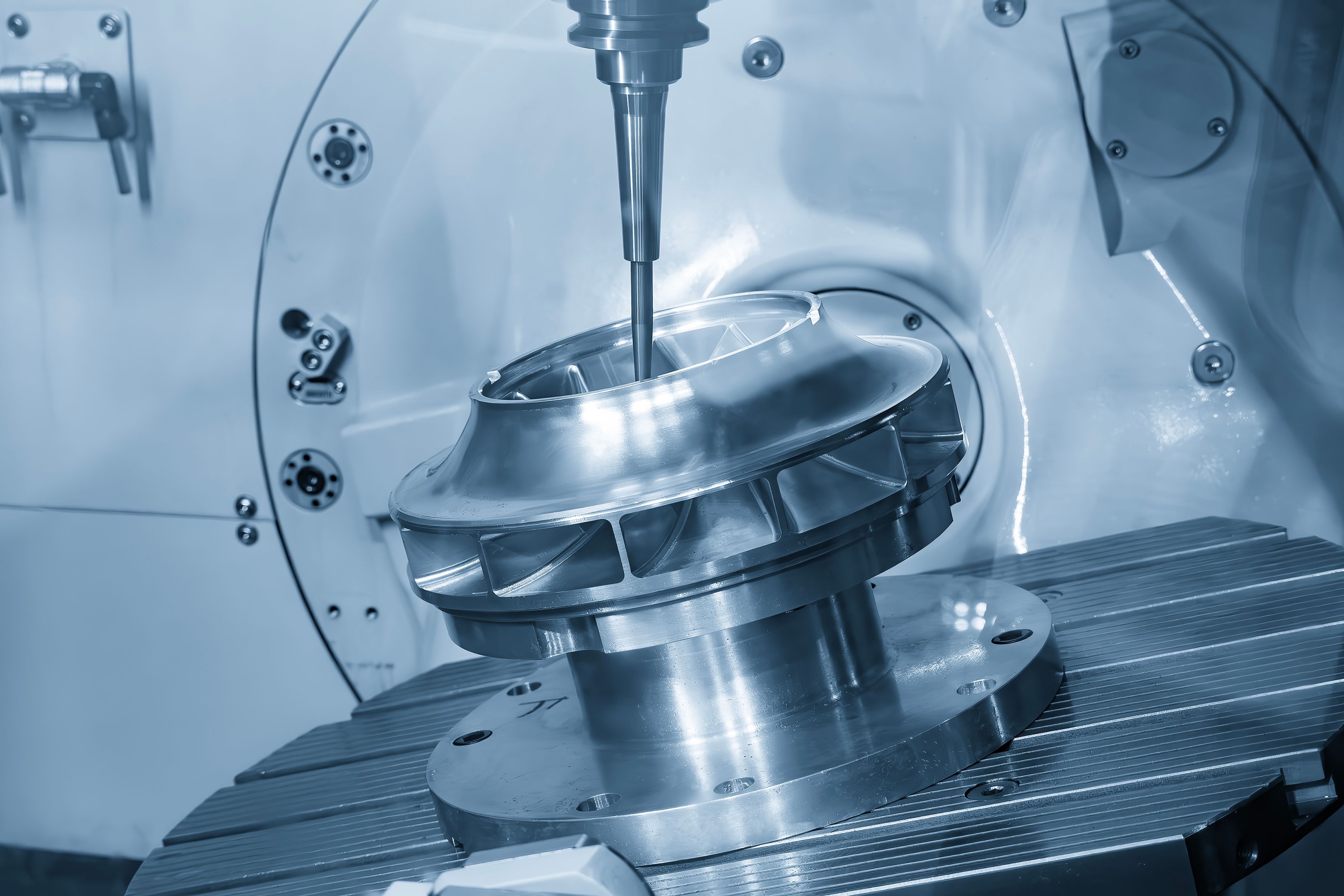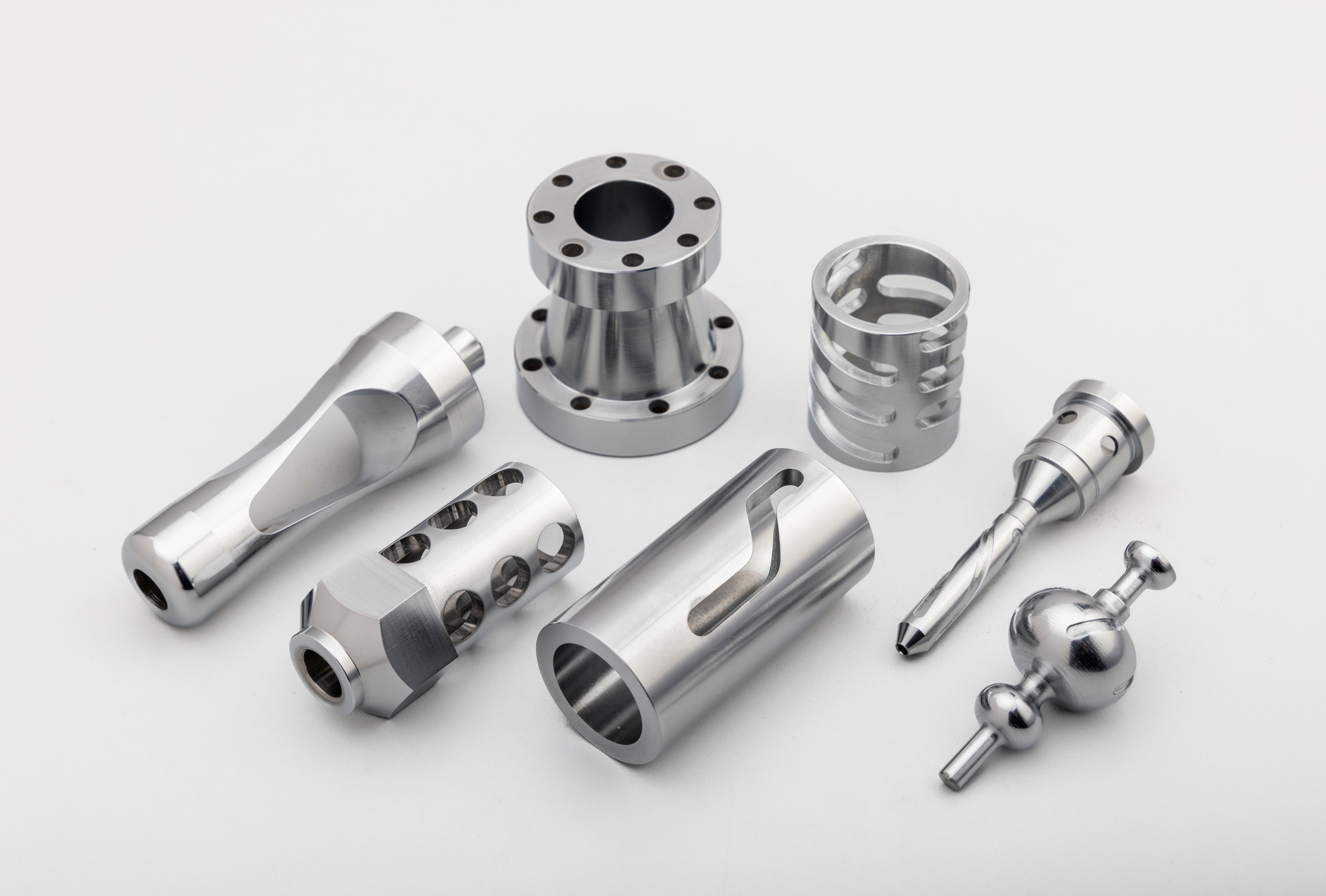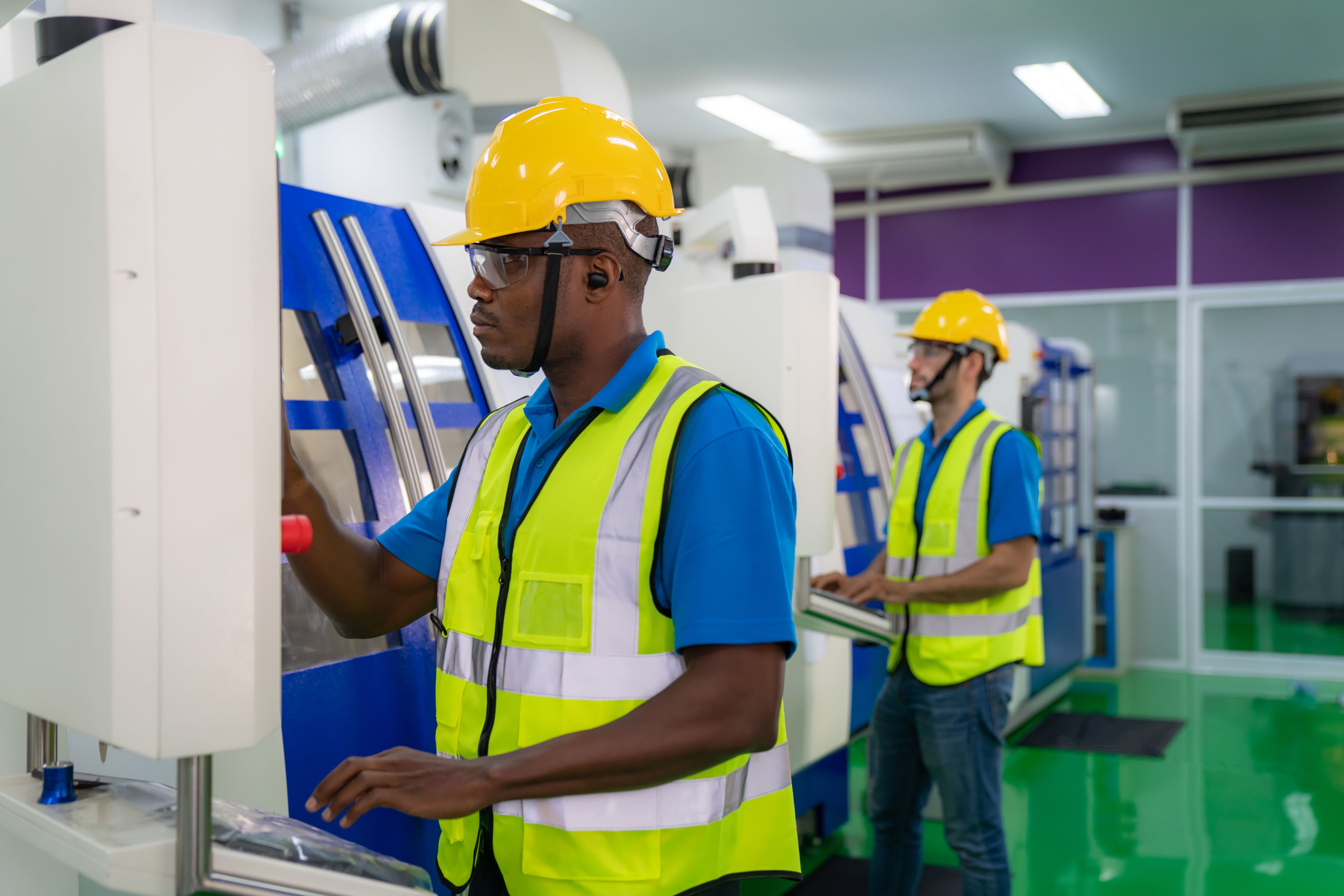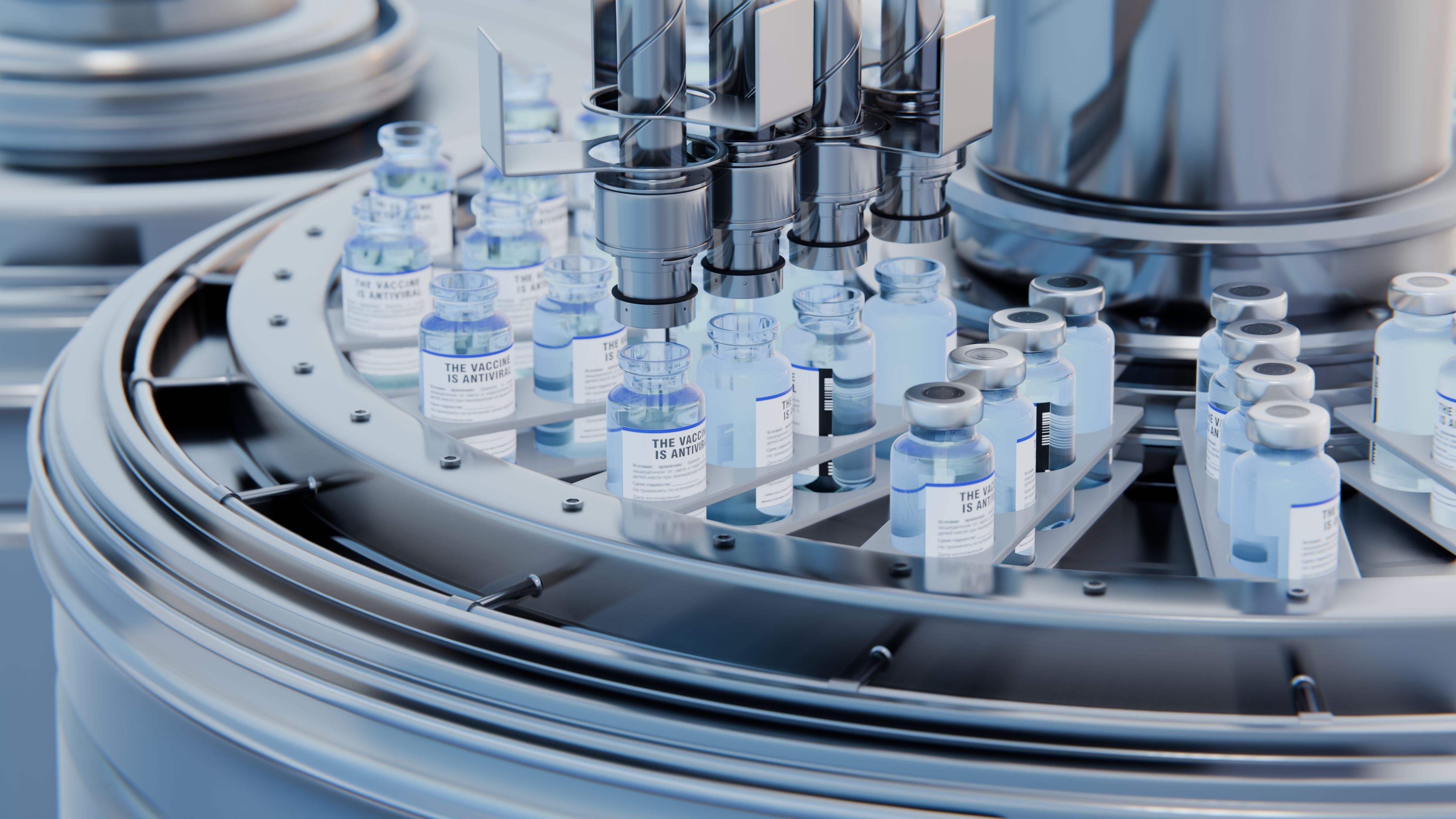Precision Machining for Medical Equipment Parts: Custom Solutions Guide
Understanding Precision Machining in the Medical Field
Precision machining is a critical aspect of manufacturing, especially when it comes to the creation of medical equipment parts. This process ensures that components are produced with the highest accuracy and quality, meeting the stringent standards required in the medical industry. The need for high precision in medical equipment is paramount, as it directly impacts patient safety and treatment efficacy.
Medical equipment often involves intricate designs and complex geometries, which can only be achieved through advanced machining techniques. Precision machining allows manufacturers to produce parts that fit together perfectly, ensuring that devices function as intended.

The Importance of Custom Solutions
Every medical device has unique requirements, and off-the-shelf components may not always meet these needs. This is where custom solutions come into play, offering tailored components that fit the specific demands of different medical applications. Customization in precision machining can lead to innovations in device functionality and performance.
Custom machining solutions also enable manufacturers to work with a variety of materials, including metals, plastics, and composites. This flexibility is crucial in developing devices that are both durable and biocompatible, ensuring they perform well in medical environments.

Key Benefits of Precision Machining for Medical Parts
Precision machining offers several advantages for medical equipment production:
- Accuracy: Ensures components meet exact specifications.
- Consistency: Produces identical parts in large quantities.
- Flexibility: Capable of working with various materials.
- Efficiency: Reduces waste and speeds up production times.
These benefits are essential for maintaining the reliability and effectiveness of medical devices, which must operate flawlessly to ensure patient health and safety.
Advanced Technologies in Precision Machining
In recent years, advancements in technology have significantly enhanced precision machining capabilities. Techniques such as CNC (Computer Numerical Control) machining have revolutionized the industry by providing unparalleled control over the machining process. With CNC, manufacturers can produce intricate designs with minimal human intervention, resulting in higher precision and reduced error rates.

Additionally, the integration of AI and machine learning into machining processes is paving the way for even greater efficiencies. These technologies enable predictive maintenance and optimize production workflows, ensuring machines operate at peak performance levels.
Choosing a Precision Machining Partner
Selecting the right partner for precision machining is crucial for any medical device manufacturer. Considerations include:
- Experience: Look for partners with a proven track record in the medical field.
- Capabilities: Ensure they offer the latest technologies and machining techniques.
- Quality Assurance: Verify their commitment to high-quality standards and certifications.
A reliable partner can help navigate the complexities of custom medical part production, ensuring that every component meets the necessary requirements.

The Future of Precision Machining in Medicine
The future of precision machining in the medical industry looks promising, with continuous advancements leading to more innovative solutions. As technology evolves, so too will the capabilities of precision machining, offering even more opportunities for customization and efficiency.
The integration of smart technologies and automation will further enhance precision machining processes, enabling faster production times without compromising on quality. This evolution will play a pivotal role in advancing medical technology and improving patient care.
In conclusion, precision machining is an indispensable part of the medical equipment manufacturing process. By leveraging custom solutions and state-of-the-art technologies, manufacturers can produce high-quality components that meet the demanding standards of the healthcare industry, ultimately contributing to better patient outcomes.
